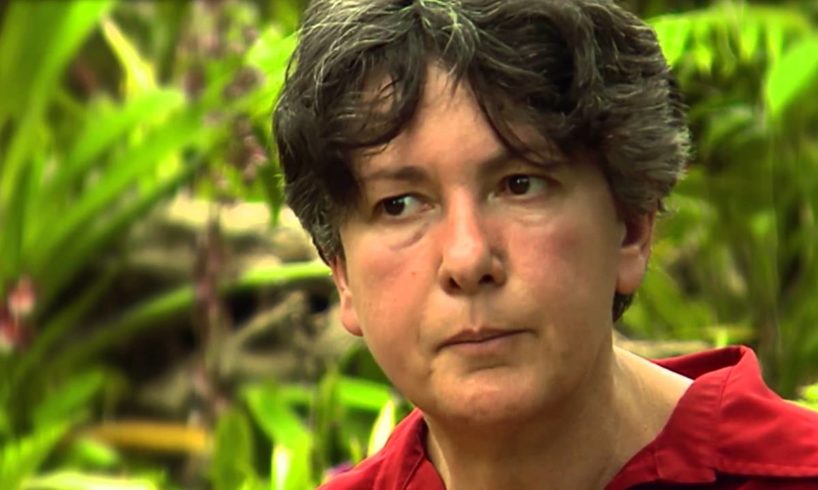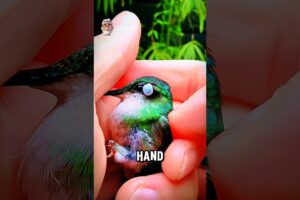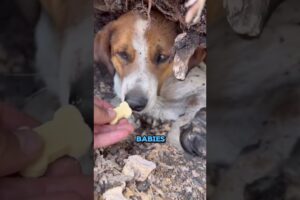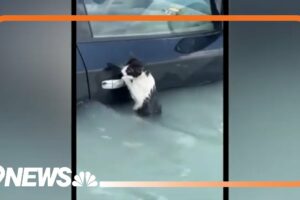
Altruism, an act that bestows a benefit on the recipient while conferring a cost to the actor, is one of the central paradoxes of evolution. In the wild, where only the fittest survive, adopting other animals’ offspring is not really in line with Darwin’s theory of evolution. And yet, amongst bees, dolphins, lions and several primate species, altruism may go as far as adoption. In the case of social insects, parent substitution was a flaw in Darwin’s theory of evolution by natural selection: the biologist noticed that non-reproductive insects who adopted and helped young ones, brought a large portion of genetic baggage from their parents. Darwin had to broaden his theory to the family group. For mammals, including men, what advantage is there in the act of adoption? In the years following the adoption, does the adopted individual contribute to the foster parents’ survival and vice versa? The controversy at the heart of this documentary continues to be debated in today’s scientific world. While raising these different questions, this documentary will study each case separately because each adoption behaviour has evolved independently forming its own pattern, its own benefit and even… its own disadvantages.
documentary made by Jacqueline Farmer
source







This documentary simplifies Darwin. He had lots of interesting thoughts about cooperation, altruism, and group selection. It was the Modern Synthesis which simplified everything down to selfish genes.
Amazing documentary! And good call saving the best for last…you can't have a conversation about "altruism" in the animal kingdom without talking about dolphins and bonobos ☺ Boy, do I ? animals!!!
All animals mate as male and female
These people who speak for animals are idiots…..like how do u know? Did the animal tell you or write it down?
What is also rather interesting is when you have as I did have a dairy cow adopt me as if I were her calf , She would come to me to lick me with were very rough tongue to from me and she would not let a dog near me . She would attack the dog if he came near , also I could not let children near when I brought the cows up to be milked… There was one rather interesting experience that a builder had when we had some major alterations made to the cowshed where the cows are milked day and night… During the day he started up the skill saw that made a foreign noise to this cow and she being about 200 or 300 metres from the shed she heard the noise and she came running down to the shed all upset because she thought I was being threatened… The builder was rather surprised to see this cow coming down to the she so agitated … I had other cows in the past also looked for me to walk me to the cow shed to be milked.
The answer is simple; nature is not merely mechanical or "evolutionarily economic). It is, as everything in CREATION, based on the Quantum,whose basic principle that everything affects everything else that exsists,whether minutely or on a massive scale. Understood this way, the idea of fostering unrelated beings makes perfect sense. That is the Darwinian theory's blind spot.
but wolves don't adopt slow growing animals like a human.
we need to see an Indian wolf pack adopt an elephant calf
good thing we can't apply this "females are naturaly inclined to liking babies" to humans. hell even saying that for these monkeys will be offensive to some
#
I sure wanted to kill that male baboon assaulting the poor puppy! It was heart-wrenching!
I watched a video just Yesterday about these monkeys. One of the mothers abandons her baby and as another mother comes up after 20 mins of hearing this baby crying she adopts it!! Not only did she adopt it but treated it the same way she treated her own baby which was the same age! She had to carry two around and eat for two! ??❤️
It's love. Don't extra explain it. Maybe Darwin isn't perfection.
I'll beat the f*ck outta sum bully baboons. Real pieces of shit…B*tch ass mother dog too…
Why are you pushing Darwin BS down our throat?? Darwin was of satan his father. STOP THE BRAINWASHING
Great show
Adopting other species is common also for humans, when they adopt a dog or a cat – or whatever their choice may be. So that is a waste of energy?
09:42
What the fuck is wrong with these monkeys? I don't think I've ever gotten so pissed off from a documentary before.
I wanna kill that fucking baboon when it's dragging the puppy by it's tail.
The human stepparent thing could be partly explained by the tendency for people with psychological problems to have more trouble with relationships. In order to have a stepparent, you need one parent who had a child and isn't partnered with that child's other parent, usually because the relationship broke down; and a person who is single and available at an age where many of their peers have children, or else willing to have a relationship with someone much older than them. All three categories of people are more likely than happily married people to have psychological issues, including issues linked to violence.
That lioness is nursing that oryx to put meat on it for a rainy day
That bonobo section was too cute! The way the babies smiled made my heart melt because it looked so human.
What's successful in the non-human world, is unsucessful in the human world.
Perhaps the problem is that we assume that Darwin was always right. We are all human and all are prone to mistakes (even those that are deemed genius). I don't feel that my adopting a puppy to raise and care for is considered a waste of time as the theory of evolution in species would suggest.
I sure hope the baboon mother rescued her kidnapped baby. Can't figure how how she could not hear the baby screaming for help.
Why does the white wild dog have a collar on???
Long intro .
Holy shit, the baboons are copying us, well except we had to do it to wolves first.
Whats is the name of the song of intro/outro?